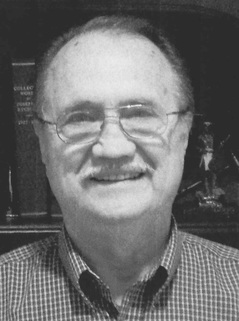
In his eighth point in the last chapter of Discovering Free Will and Personal Responsibility, the great psychologist Joseph Rychlak addressed the role of the unconscious in understanding behaviors.
8. Do not ignore, but do not overestimate the importance of unconscious factors in behavior. Try to analyze and deal with the right causes of a problem, because this is where unconscious factors usually enter.
According to Rychlak:
- The conscious and unconscious mind use the same ways of reasoning. But they can differ in how they interpret and give meaning to our lives. There may be a psychodynamic event from our youth that lies below the surface but unknowingly affects our behaviors in significant ways.
- The more we understand the meaning we give to life events consciously, the more easily we can find what our unconscious is saying. A key is our finding the right question to answer.
- By our very nature, we may give contradictory meanings to events, consciously and unconsciously. As Rychlak stated: “Human beings overlook, deny, and ‘repress’ their intentions. We do not want to admit certain things about ourselves” (p. 259).
- Fears, doubts, threatening situations enter our unconscious. If we can be aware of them, we can be less concerned with how they affect us.
- Professionals in mental health can help one reveal unconscious premises. For some people, careful examination on their own may also be fruitful.
- “There is just one mind with many points of view…”
My take-aways:
Leaders should understand that not all behavior is consciously motivated. This is true for those we lead and for ourselves. Sometimes unconscious motivations can be dysfunctional. There may be times when the leader or follower may benefit by some “talk therapy”, the services of a professional such as a psychologist. Many years ago when I was a cadet at the United States Air Force Academy, I was required, as were other cadets, to meet with a psychologist. Why? To help us value and understand the importance of mental health professionals. And perhaps partially to understand ourselves better based on psychological testing. I found it valuable. Leaders need to know themselves. As Rychlak noted, we can find or gain insight into our unconscious premises without professional help but it can be more difficult.
Image of Joseph Rychlak courtesy of L. Rychlak and used with her permission.
Rychlak, J. F. (1979). Discovering free will and personal responsibility. New York: Oxford University Press.
 RSS Feed
RSS Feed